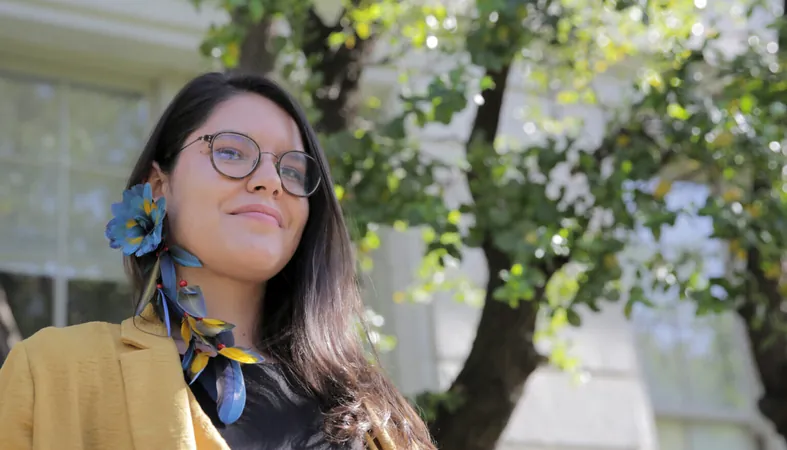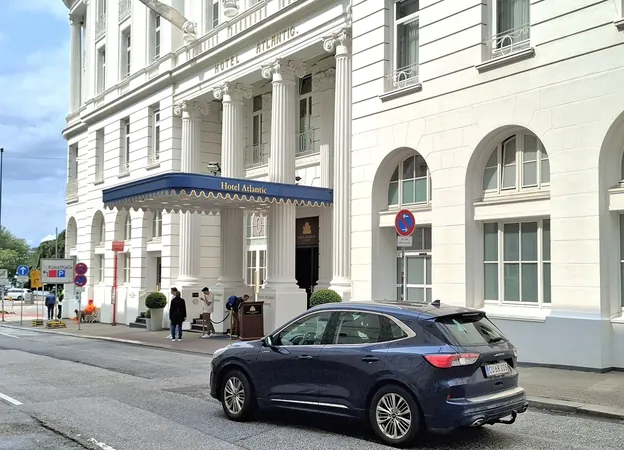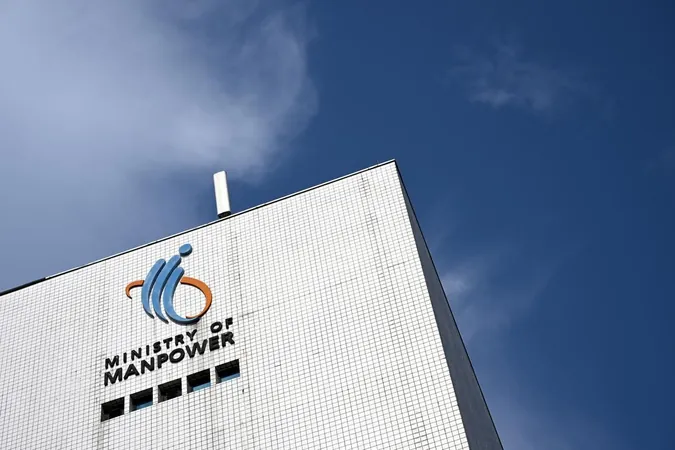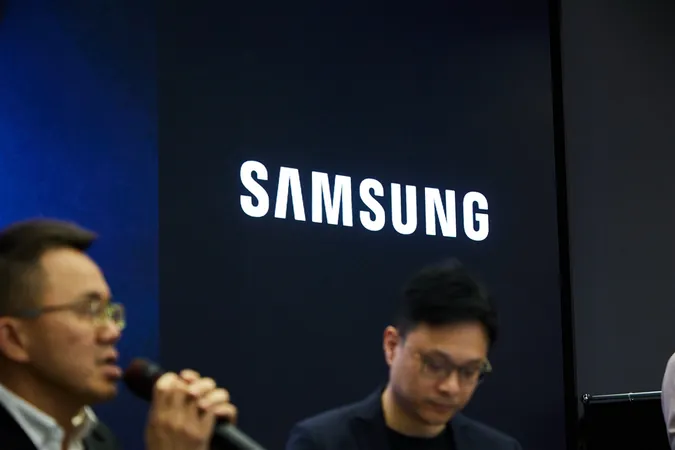
Harnessing Indigenous Wisdom: The Fight for Ethical Biotech Solutions
2025-05-01
Author: Rajesh
Meet Maria Astolfi, a passionate graduate student from UC Berkeley, driven to merge biotechnology with Indigenous wisdom. As a descendant of an Amazonian tribe, she’s on a mission to ensure that the communities whose traditional knowledge has inspired medical breakthroughs receive their fair share.
A Powerful Plant and Its Cultural Heritage
Astolfi's groundbreaking research revolves around the Chilean soapbark tree, revered for centuries by the Mapuche people for its medicinal properties. Working alongside Professor Jay Keasling, she aims to synthesize the plant's crucial vaccine component, QS21, using yeast—eliminating the need to harvest the endangered trees. However, she raises a vital question: how do we honor the guardians of this biogenetic treasure?
The Ethics of Indigenous Knowledge
Astolfi’s journey has sparked an important dialogue in the biotech community. Recognizing that the inspiration for their work stems from Indigenous practices, she asks, "What about the community?" This prompts a crucial reconsideration of how profits are shared and how these communities can be included as equal partners in scientific advancements.
From Words to Action: A Call for Collaboration
Back in the early 2000s, Keasling took initial strides in this direction by collaborating with Samoan tribal leaders on a potential AIDS drug derived from their native mamala tree. Although the project didn’t yield the expected results, it laid the groundwork for future ethical practices. Astolfi has since connected with Indigenous scientists from across the globe to forge partnerships that honor and integrate traditional ecological knowledge.
A Blueprint for Ethical Biotech
Astolfi and her collaborators recently published a compelling paper advocating for new partnerships with Indigenous communities to reshape the bioeconomy into one that sustains Indigenous biodiversity while elevating local involvement in scientific endeavors. Innovative biotech company Variant Bio, co-founded by Kānaka Maoli scholar Keolu Fox, exemplifies this by committing 4% of proceeds to Indigenous communities and ensuring their access to any resulting medicines.
A Promise of Future Health Equity
Fox envisions these partnerships as pathways to health equity, cultural revival, and climate resilience. He emphasizes the importance of giving Indigenous people a voice in research related to their genetic heritage, establishing a model that other companies can replicate. The goal? To create a sustainable ecosystem where science not only benefits profits but also uplifts communities.
A Legacy of Healing and Innovation
Astolfi’s roots run deep in the Amazon rainforest, where she developed a fascination for biodiversity. Today, she is dedicated to leveraging that passion under the mentorship of Keasling, a pioneer in synthetic biology. By using AI to analyze genetic databases, Astolfi seeks to uncover new drugs from the vast chemical potential of nature—a quest that not only promises innovation but aims to restore equity in the scientific community.
The Future of Ethical Biotechnology
Astolfi's advocacy reveals a glaring truth: many existing biotech practices overlook the contributions of Indigenous peoples, often leading to exploitation rather than equity. As she, Keasling, and their co-authors have argued, ethical benefit-sharing must include co-ownership of intellectual property, support for local development, and a commitment to preserving biodiversity.
The Call for Change
While the path to truly equitable scientific practices is fraught with challenges, reaching out to Indigenous communities is essential. As Keasling aptly states, organizations can’t ignore their cultural significance—now is the time to plan for a more responsible future in biomedicine. By commercializing QS21 ethically, Astolfi believes they can set a precedent for the entire industry, ensuring that the wisdom of Indigenous peoples is both recognized and rewarded.





 Brasil (PT)
Brasil (PT)
 Canada (EN)
Canada (EN)
 Chile (ES)
Chile (ES)
 Česko (CS)
Česko (CS)
 대한민국 (KO)
대한민국 (KO)
 España (ES)
España (ES)
 France (FR)
France (FR)
 Hong Kong (EN)
Hong Kong (EN)
 Italia (IT)
Italia (IT)
 日本 (JA)
日本 (JA)
 Magyarország (HU)
Magyarország (HU)
 Norge (NO)
Norge (NO)
 Polska (PL)
Polska (PL)
 Schweiz (DE)
Schweiz (DE)
 Singapore (EN)
Singapore (EN)
 Sverige (SV)
Sverige (SV)
 Suomi (FI)
Suomi (FI)
 Türkiye (TR)
Türkiye (TR)
 الإمارات العربية المتحدة (AR)
الإمارات العربية المتحدة (AR)